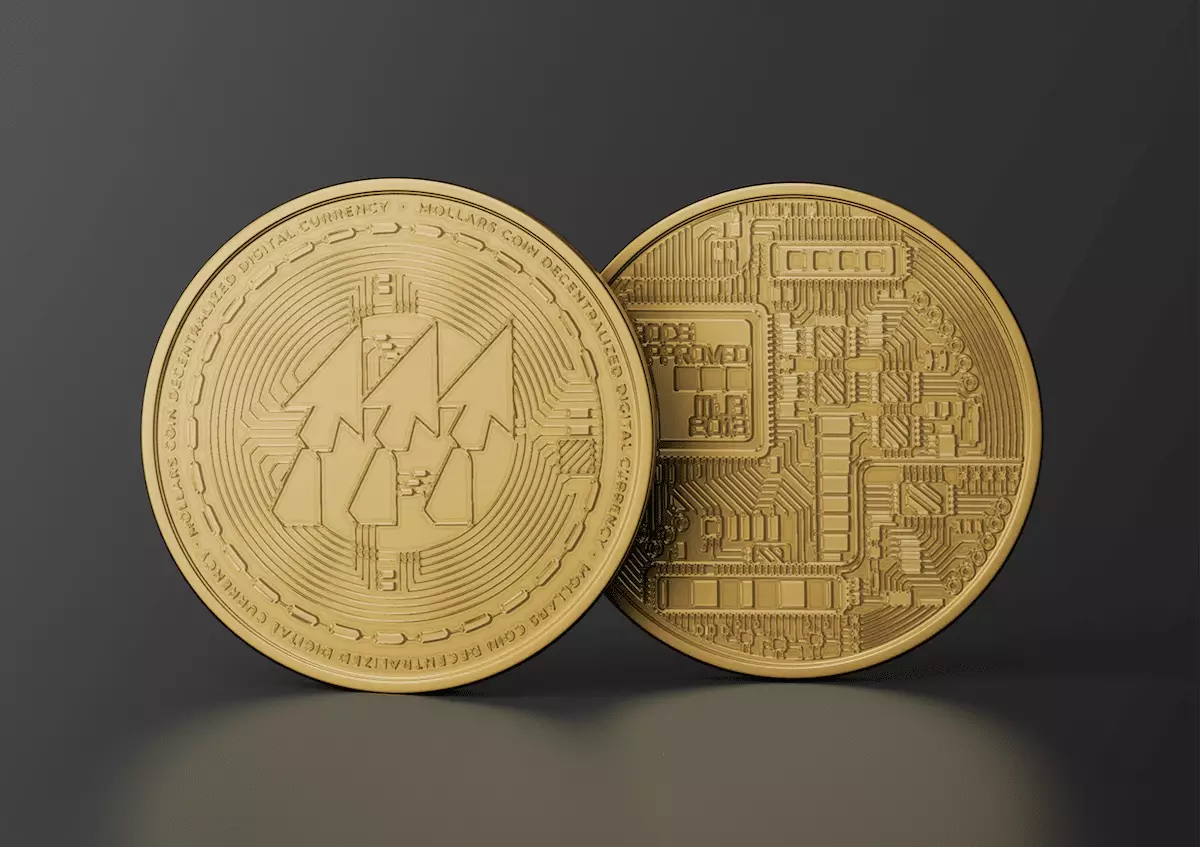The domain registry company NJAL.LA, also known as Njalla, has recently been thrust into the spotlight due to their involvement in the Mollars Cryptocurrency Project. The project’s original domain, Mollars.com, was abruptly shut down and relocated to Mollars.CC, causing concern among crypto investors. To address the issue, a tweet was shared via X (formerly Twitter), explaining that the domain was hijacked by a rogue domain registry service that claimed ownership. The Mollars team is currently fighting to regain control of the domain, while also focusing on building their new domain brand, Mollars.cc.
The hijacking of Mollars.com has raised questions about the legitimacy of NJAL.LA as a domain registry service. A quick search using keywords such as “scam” or “Njal.la stealing domains” reveals shocking search results. It appears that NJAL.LA is not a true decentralized domain registry and instead buys domains for clients, putting them in their own name without the clients’ knowledge. The company’s “about us” page does mention this practice, but it is not clearly communicated to customers during the buying process.
Adding to the controversy, it has been discovered that the founder and owner of NJAL.LA is Peter Sunde, co-founder of the notorious internet site Pirate Bay. This association with a controversial figure further tarnishes the reputation of NJAL.LA. The Mollars project, backed by cryptocurrency supporters, serves as a formidable rival to NJAL.LA. Furthermore, the loss of the Mollars.com domain can potentially affect the return on investment for thousands of investors, as a .com domain is generally perceived as more trustworthy than others.
Despite the domain debacle, the funds of Mollars token pre-sale investors remain secure. The developers of Mollars made it clear in a tweet that all funds are unaffected by the domain hijacking. Cryptocurrency funds, including those from initial coin offerings, are stored in a secure crypto wallet with a special key for access. The Mollars.com domain itself does not hold any investor funds. Therefore, Peter Sunde’s involvement with NJAL.LA does not grant him access to the Mollars project’s funds.
The question arises, why would NJAL.LA engage in such a practice of hijacking domains from their clients? One possible motive could be the potential financial gain from reselling the domain on the black market. Domains like Mollars.com, especially in competitive niches like cryptocurrency, can hold significant value and be sold for substantial amounts. Additionally, the company could receive back-door payments from rival brands who wish to eliminate competition by acquiring their domains. This unethical behavior demonstrates the questionable practices of NJAL.LA.
Future Prospects for the Mollars Cryptocurrency Project
While the original Mollars.com domain may be returned to the Mollars token project in the future, the team is currently focused on the token presale and providing updates through their new domain, Mollars.cc. Despite the controversy surrounding NJAL.LA and the hijacking of their domain, the Mollars project continues to raise funds, with the ICO having raised nearly $520,000 (USD) thus far. Investors can visit Mollars.cc for the latest updates on the project.
The controversy surrounding NJAL.LA and the Mollars Cryptocurrency Project has shed light on the questionable practices of the domain registry company. The hijacking of Mollars.com and the undisclosed ownership of domains have raised concerns among investors and the cryptocurrency community. While investor funds remain secure, the association with Peter Sunde and the potential motives behind domain hijacking have damaged the reputation of NJAL.LA. Moving forward, the future of the Mollars project will be closely watched, as it navigates the challenges caused by the domain debacle.


Leave a Reply